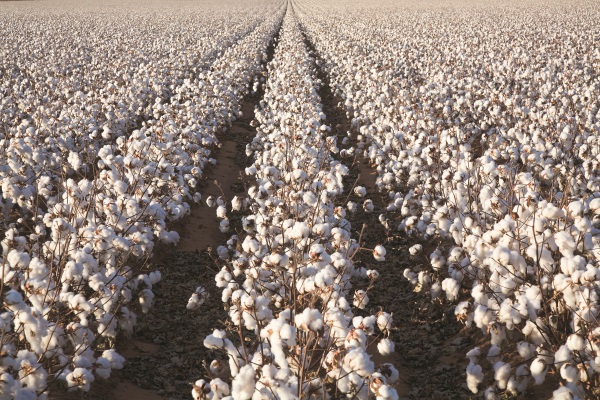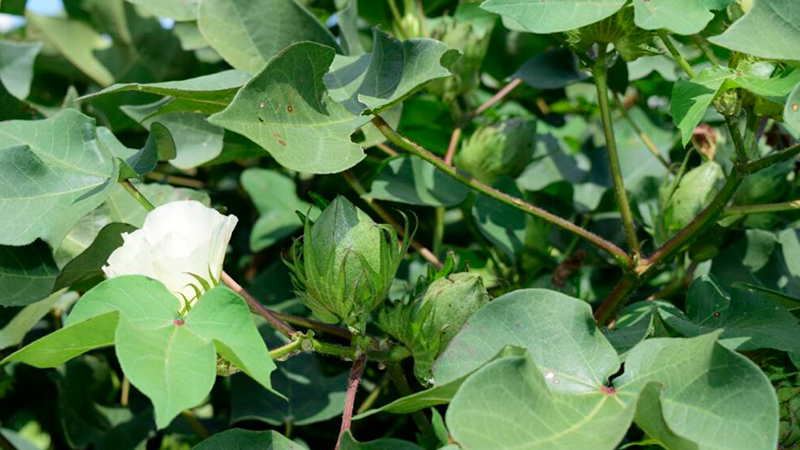Don’t Punish Organic Growers; Reward Them
As a rule, I don’t like genetically modified (GM) cotton–or GM products of any kind. Using chemicals and genetics to try to improve the natural state of any food or fiber is not worth the cost in terms of damage to ourselves and to our environment.
As a company, Sanko Textile & Trading uses organic cotton as much as possible; of the 95,000 tons of cotton that our company consumes every year, about 5,000 tons of it is organically produced. If it were possible, Sanko would never use anything other than organic cotton.
In cotton, one of the biggest challenges to shifting to an all-organic industry is that you can’t go to a grower today and tell him to plant organic cotton for next year. In Turkey, it takes four to five years to clean the chemicals from the soil and the fields, and it takes longer than that in some places. In addition, organic farmers can’t be close to farms that are using chemicals, and their yields drop once they stop using pesticides, herbicides and other chemicals. What is the farmer going to do during those years? We are punishing the farmer when we should be rewarding him and promoting organic cotton. I believe we should help growers who are transitioning their farms to produce organic cotton by paying them a 20 percent to 25 percent premium, over and above the price for conventionally grown cotton. Sanko is already paying a 10 percent premium to cotton growers who are in the process of converting their crops, and would increase that amount if the industry as a whole were to make the decision to support organic cotton.
Growing organic crops adds to the cost of our goods, but they only increase the final price by about 15 percent. Is that too much to pay to keep from destroying our world? Organic should be the fastest-growing segment, not just in cotton, but in all areas of agriculture, especially food. As much as we might wish that the cotton industry–and all other agricultural development–would transition to organic-only, it’s highly unlikely that will ever happen. Nonetheless, it is a goal we should all strive for in the future, if not for ourselves, then for our children and grandchildren.









